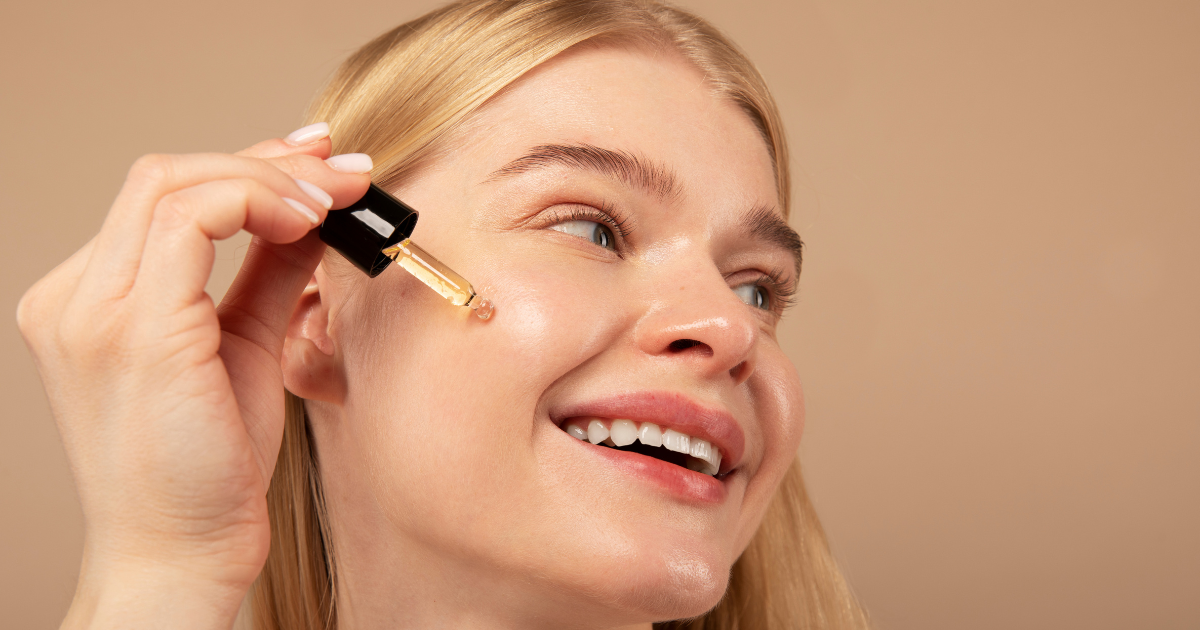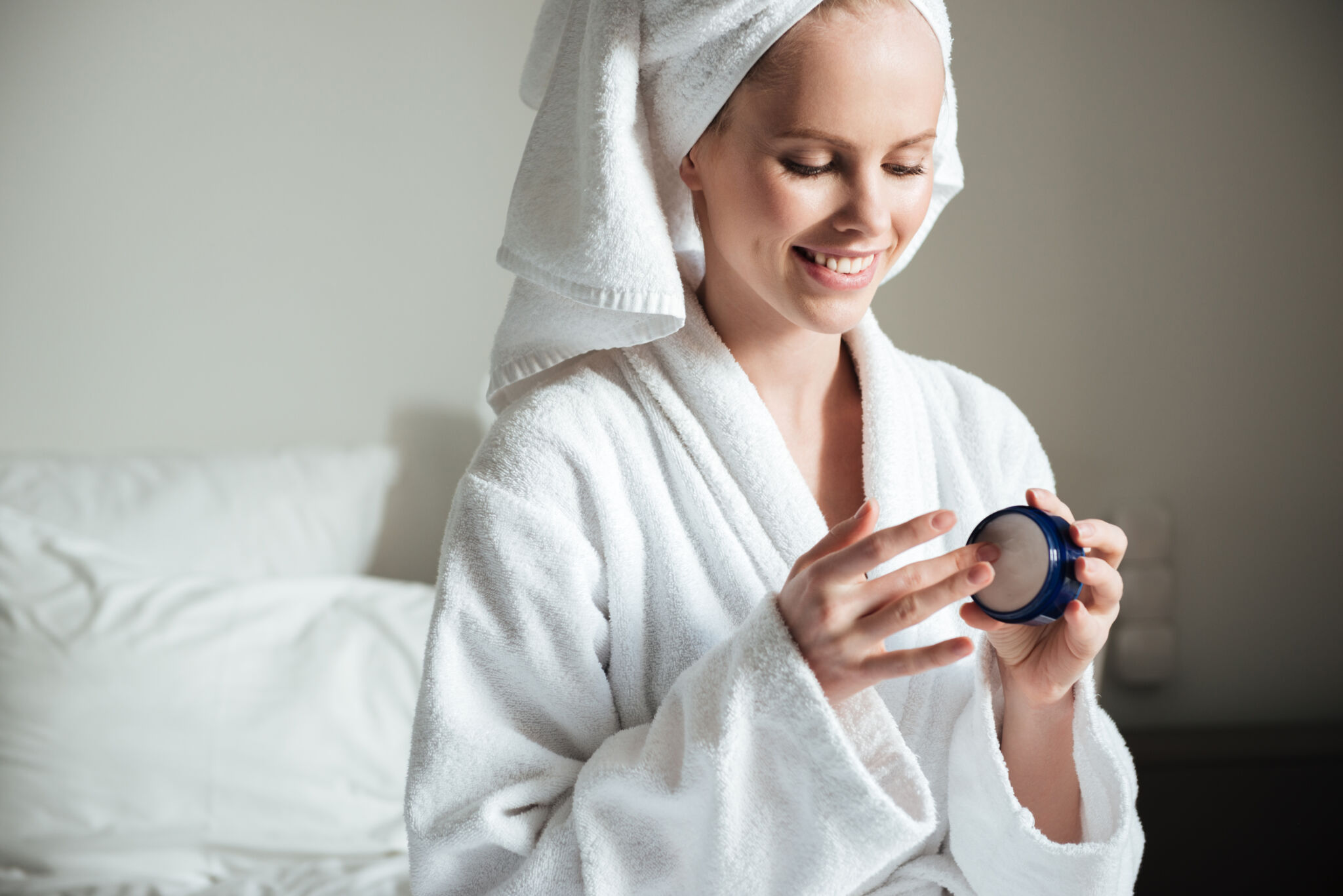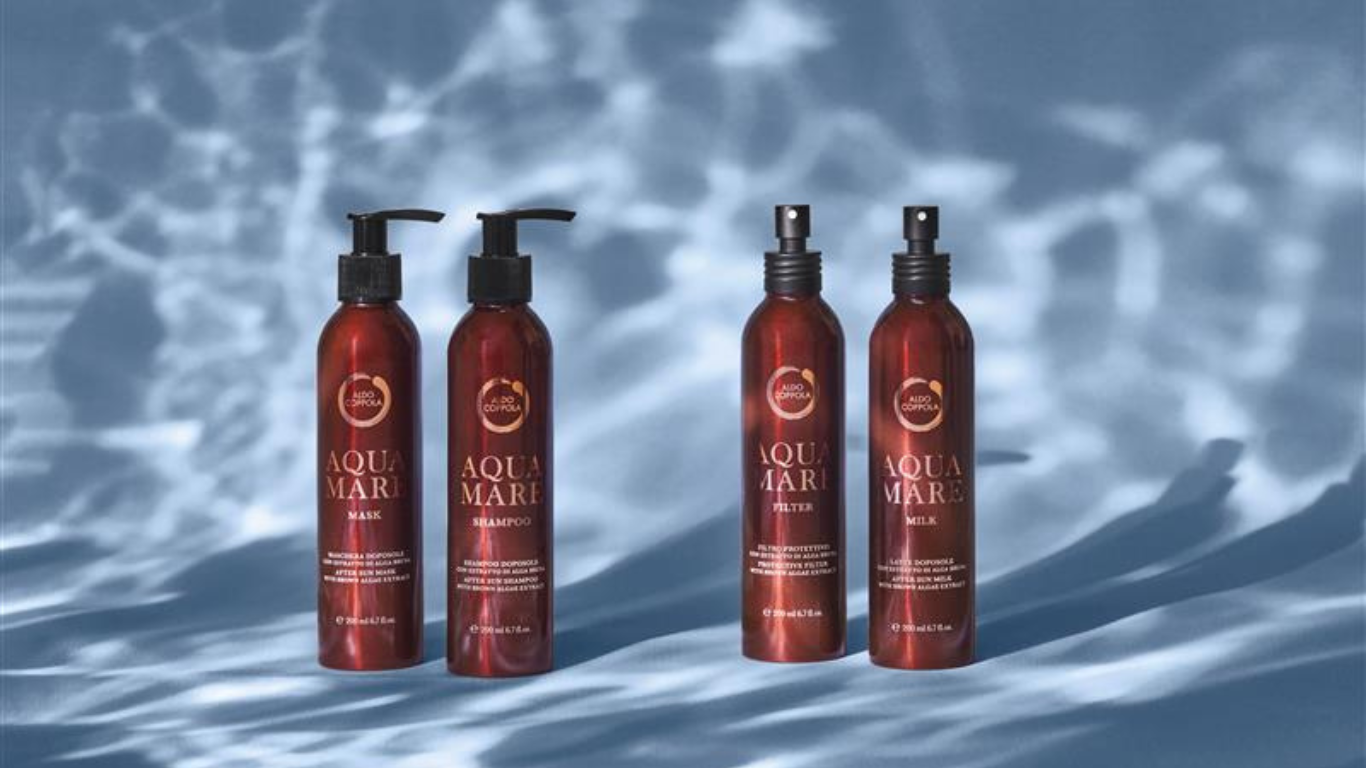Retinol: the secret of glowing skin
What is it? How does it work? And who is it perfect for?

This powerhouse ingredient is famous for its ability to transform skin, delivering smoothness, radiance, and a refreshed appearance. Retinol tackles wrinkles, pigmentation, dullness, and even acne, making it a truly versatile skincare hero.
If you've been contemplating adding retinol to your regimen or are curious about its benefits and how to use it, this guide will help you understand how retinol works, who it suits, and the results you can expect.
What is retinol?
Retinol is a vitamin A derivative that is essential for healthy skin, vision, and the immune system. In skincare, it’s prized for its ability to speed up cell turnover and boost collagen production, making it a staple in many anti-aging and brightening products.
Key benefits of retinol:
- Smoothing wrinkles: Retinol stimulates collagen synthesis, making skin firmer and youthful.
- Fighting acne: It helps clear pores, reduce inflammation, and regulate oil production.
- Fading pigmentation: Retinol brightens dark spots and evens skin tone.
- Refreshing skin: By accelerating cell turnover, it leaves skin looking fresh and radiant.

Photo: Pexels
Who can use retinol?
Retinol is suitable for almost everyone, aiming to improve their skin’s texture and appearance. However, there are a few considerations:
- Age: Retinol is often recommended from the ages of 25–30 when the first signs of aging appear.
- Skin type: While it works well for most skin types, those with dry or sensitive skin should opt for gentler formulations (e.g., retinyl palmitate).

photo: pexels
How to use retinol correctly?
- Start slowly: Begin with 1–2 applications per week to allow your skin to adjust.
- Apply at night: Retinol increases skin’s sensitivity to sunlight, so always use sunscreen in the morning.
- Avoid harsh products: Do not combine retinol with acids or other actives on the same day.
Possible side effects:
- Dryness and peeling are common during the first few weeks.
- Redness and irritation can occur if used incorrectly.
- Increased sun sensitivity
Who should avoid retinol?

photo: pexels
Pregnant and breastfeeding women should avoid retinol, as its effects on the fetus are not fully understood. Those with extremely sensitive skin or severe acne should consult a dermatologist before use.
Top 3 retinol products recommended by ELLE O‘zbekiston:
1. For beginners
If you're new to retinol, choose products with low concentrations (0.1–0.3%) and use them gradually to minimize irritation.
The Ordinary Retinol 0.2% in Squalane
This squalane-based formula minimizes dryness and redness. Start with a small amount every other night and gradually increase usage. Always follow with sunscreen in the morning.
2. For sensitive skin
Gentle formulas with calming ingredients like ceramides, aloe, or niacinamide are ideal for sensitive skin.
La Roche-Posay Redermic R
Contains low-concentration retinol and antioxidants to reduce irritation. Use twice a week, mixing with a moisturizer to minimize redness.
3. For advanced users
Dual-action retinol products combine immediate and prolonged effects for visible results while remaining gentle.
Paula’s Choice Clinical 1% Retinol Treatment
Blends retinol with next-generation retinoids for maximum impact. Ideal for experienced retinol users. Apply every 2–3 nights, avoiding the eye area.


